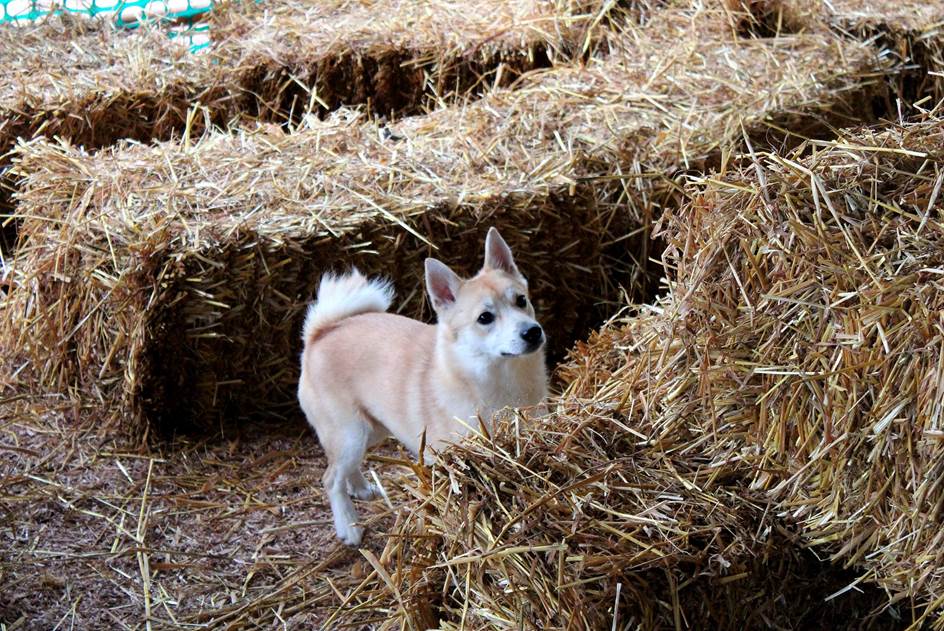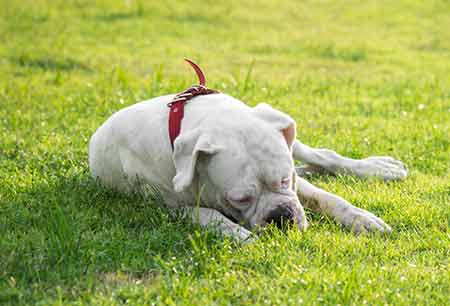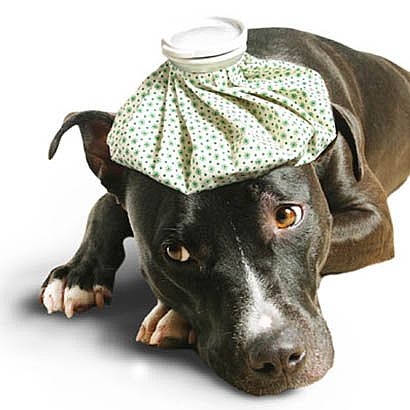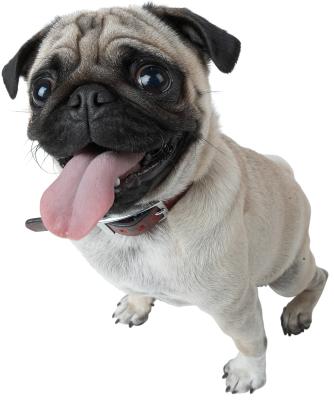Puppies bite naturally. This is something they do to communicate inside the pack and it is not always a sign of violent behavior. Nevertheless, within your group - in your home - this is not tolerable conduct and must be forbidden from the start.
Stop Biting Early.
As with all dog obedience training, the earlier you start the more straightforward it is. As soon as you get your pup you should make clear in your mind he knows you are the boss and in control at all times. As soon as possible present your pet to as a lot of people as you can - inside your home, in the garden and each time you are out for walks. This puppy socialization will accustom your pet to human contact so that he is not afraid each time he meets strangers - fear is a common source of biting and aggression. Puppy obedience classes are a great place to meet others and to get your dog accustomed to being with other puppies too. Bear in mind that throughout you should re-enforce great behavior by reward and praise.
If your pet does bite you when he is young - perhaps when you are playing together - you should deal with it straight away. Make a sound to show he has hurt you - 'whine' if you can or simply say ouch! Then straight away take no notice of your dog and refuse to give him any attention, making certain you don't make eye contact with him. If he carries on or is very emotional then take him out of the room. In a little while, start to play with him again. If he bites again then, yet again, let him know that he has hurt you, but this time, finish the game for good. Take no notice of him and go and do something else.
Everyone in the family and friends too, should follow this procedure to ensure that puppy gets the message that he should never bite. However, you may find that as your dog grows and becomes an adult he unexpectedly starts to be aggressive towards you. Again you must address this straight away.
Dealing with a Challenge to Your Leadership
If your pet begins to bite and be aggressive towards you as he gets older, then it is frequently because he is challenging your authority - dog dominance aggression. This is, in some ways, quite natural - adolescent dogs do this in the wild if they believe they stand a chance of usurping the leader of the pack. Nevertheless, you cannot allow this challenge, so you need to look at your relationship with your pup to see why he thinks he can challenge you. It may well seem that the aggressive behavior has occurred very rapidly, but that is seldom the case. Your dog will have been assessing your conduct for some time and has made the decision that you are not secure in your dominance or control.
You must persistently assert your rule with your pup - never let him get away with poor behavior. However, never ever shout or use physical punishment, always simply take no notice of the bad and encourage the good behavior. Shouting and violence will definitely result in an aggressive pet. Reassert your dominance if your pup begins to get pushy and ban him from the room or send him to his bed, then get on with your own stuff, utterly ignoring him. Then call him to you after a time.
This is basic group leader behavior - you in control - and the pet will understand the message. Reiterate this assertive behavior repeatedly, whilst rewarding your dog every time he is good and remembering to apply your domination in all areas of his life - meals, walks, and play. He will quickly respond and acknowledge his lower position in the group.
If the puppy is showing aggression to a family member particularly children, rather than you, it is because he thinks he is of higher rank than them. Again you should re-enforce their higher position. Each time you come in; speak to them and lay a hand on them - display affection to them before you acknowledge the pet. Always make sure the puppy observes you giving them food before you feed the dog - just a biscuit will do not a full meal! And if you go for a walk with your pet and children, make certain you and the children move through the door before the puppy. All these measures are replicated in the wild, where higher rank dogs are always first to be greeted, to eat and to hunt - after the leader - therefore your pup will soon appreciate and recognize his place in your group.
One factor to make a note of about biting is that if it does suddenly begin and you don't think it is dominance aggression, then your dog may well be in pain. Pups often bite if they are hurt - they can't tell you where it hurts! What's more, some medical conditions might cause aggressive behavior - for example under active thyroid glands - so if you suspect this may well be the case, see your vet immediately.

 Does Olive Oil Make Your Dog's Hair Shiny?
Does Olive Oil Make Your Dog's Hair Shiny
Does Olive Oil Make Your Dog's Hair Shiny?
Does Olive Oil Make Your Dog's Hair Shiny
 AKC Program Gives Breeders the Opportunity to Keep Learning
For more than 30 years, Mike Woodson has bred pure-bred dogs
AKC Program Gives Breeders the Opportunity to Keep Learning
For more than 30 years, Mike Woodson has bred pure-bred dogs
 Why Does My Dog Eat Grass?
The fact is that even if your dog h
Why Does My Dog Eat Grass?
The fact is that even if your dog h
 How to comfort your dog after it vomits?
How to comfort your dog after it vomits?
How to comfort your dog after it vomits?
How to comfort your dog after it vomits?
 Homemade Tips for Keeping a Dog From Licking an Incision
Homemade Tips for Keeping a Dog From Licking a
Homemade Tips for Keeping a Dog From Licking an Incision
Homemade Tips for Keeping a Dog From Licking a